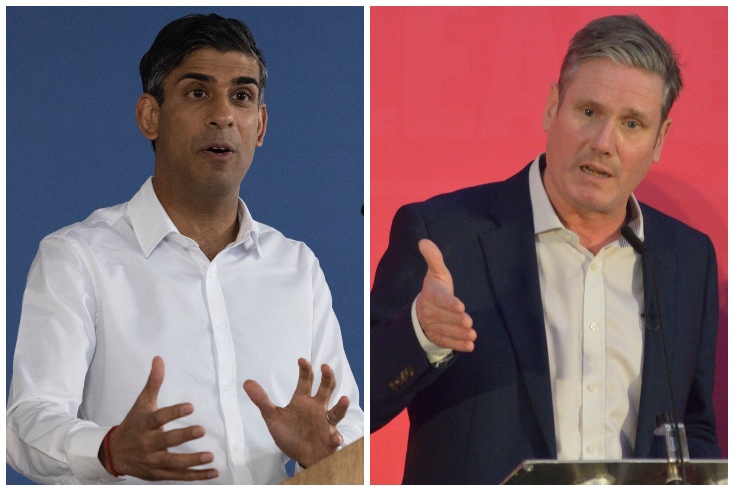Why the next UK general election doesn’t matter

Opinion
The political leaning of the government does not significantly impact the commercial success of the media industry, as both parties prioritise communications and advertising.
It’s Party Conference season again, with all the accompanying political news scuttlebutt and froth. And Farage.
Like many others, our industry likes to cosy up to the leading political parties, not least at their money-spinning conference events. Particularly when a General Election is in prospect and there is a real, and some might say well-deserved, possibility of regime change.
Our commercial inclinations should perhaps be towards the party which most clearly and consistently represents the interests of business, enterprise, growth and self-responsibility.
However, as individuals our industry wants to be seen to lean in towards the party with softer, more egalitarian, caring values. I must confess I never really understood champagne socialism despite being surrounded by it until I figured that much of it was what we now call virtue signalling.
Constantly rebuilding our case from scratch
Enough bile. Do our entreaties towards the main political parties matter?
Sure, we seek due recognition as an important part of UKplc. And the excellent work we have done, spearheaded by the Advertising Association and our other trade bodies over the past decade, has put us in a better place.
But our sponsoring ministry, champion in plain speak, is still Culture, Media & Sport. Well-intentioned, perhaps, but despite having added Digital to its title for a bit of extra ballast, it’s a minnow in Whitehall whose Secretaries of State come and go with alarming frequency en route up to something more serious or out of the door.
So we’re constantly rebuilding our case from scratch to people who don’t really want to be there, despite it being the bestest ministry for freebie invites to events. And we’ve had to do this to a few stinkers, some of whom have quite casual and destructive attitudes to our media institutions, the nadir surely being the spectacularly ignorant, no-longer-to-be-Lady, Dorries. Hah.
Always thought we’d be much better off coming under the wing of the much more influential Department for Business and Trade, though.
But meanwhile, it’s of course worth continuing to establish our importance and contribution to the economy – especially a future economy based on things the UK does really well, including the creative industries and tech…
Outlook is rosy
Short term, does the political leaning of the Government matter much to our commercial success?
I’d suggest not. Electoral success lies near the centre ground, so there’s not much to distinguish left from right.
Hard to tell, but despite some huffing and puffing, neither appears more likely to interfere in the institutions and both look equally sceptical towards the platforms and Chinese.
And modern Governments of all stripes are believers in communications, and therefore advertising. Over recent years there has been little to differentiate one party’s approach to comms and adspend from another’s.
Whichever wins have its hands full and will need to communicate with the populace. Both are inclined to spend big so in either case, the outlook is rosy.
London’s mayor is a shining example of a believer in PR, some might say over more critical matters like policy or delivery. Manchester’s and Birmingham’s too, come to think of it.
Doubtless the Government’s baffling procurement ‘frameworks’ of roster agencies will continue and places on them hotly contested, but it looks like champagne all round for the successful agencies and the media.
 Bob Wootton spent 40 years working in advertising, first as a media buyer at some of the UK’s leading agencies before joining the trade body ISBA in 1996, where he was advertising and media director for 20 years. He is also the founder of Deconstruction, a media and tech consulting business, and presents The Guitar Show on YouTube.
Bob Wootton spent 40 years working in advertising, first as a media buyer at some of the UK’s leading agencies before joining the trade body ISBA in 1996, where he was advertising and media director for 20 years. He is also the founder of Deconstruction, a media and tech consulting business, and presents The Guitar Show on YouTube.




